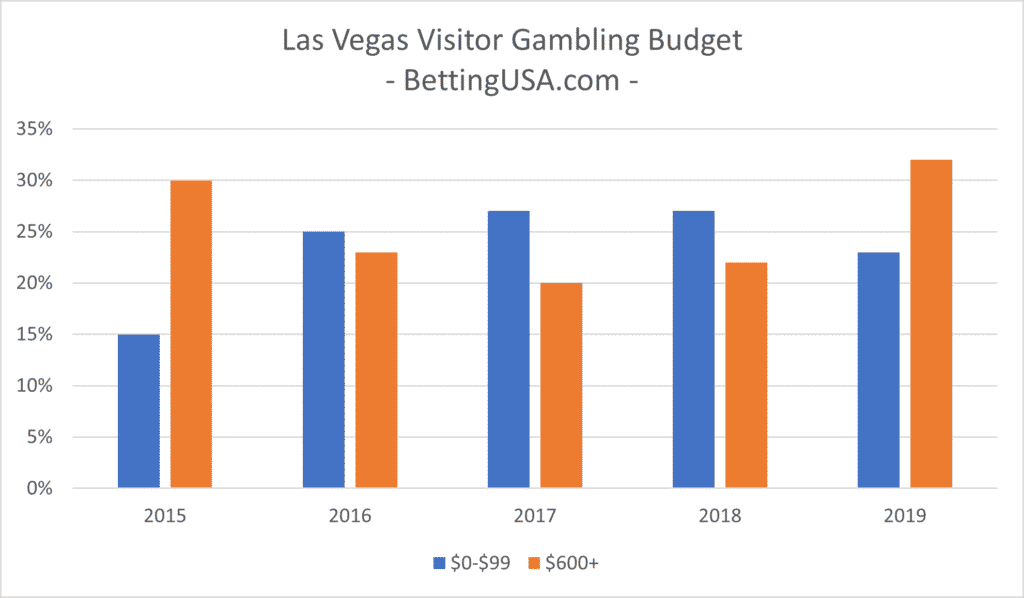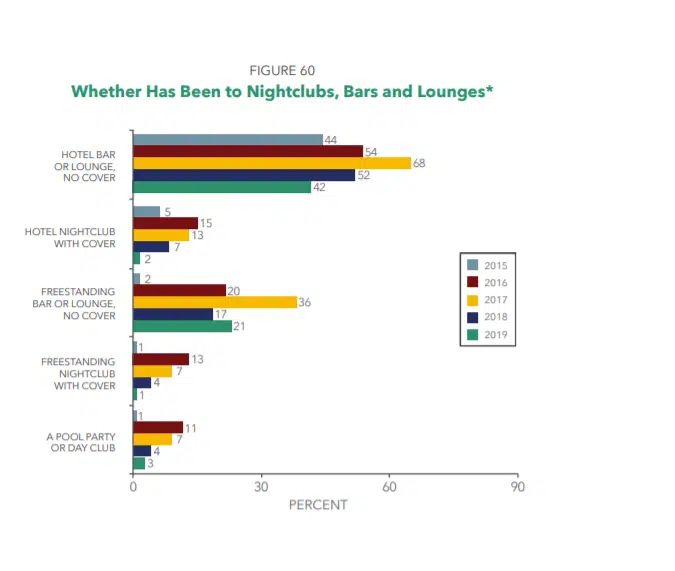Is The Gambling Industry Really Talking About Generation Z?

The gambling industry is usually quite grounded, but it suddenly becomes enlightened and always seems to have an eye towards the future when it comes to customers. As Yoda said, and using Luke as a proxy for the gambling industry, “All his life has he looked away…to the future, to the horizon. Never his mind on where he was. What he was doing.”
In 2015, the casino industry was obsessed with millennials and why the generation wasn’t gambling. For several years, every conference and far too many articles and conversations focused on making gambling more appealing to the “cool kids,” which just so happened to be the largest generation in the US since the baby boomer generation. It made sense since millennials now outnumber boomers in terms of living generations, surpassing them in 2019.
Fast forward to 2021, and before the industry solved the millennial puzzle, it has apparently already decided to move on to Generation Z. As Gary Rotstein reported, Generation Z was a topic of conversation during a recent session co-sponsored by The Innovation Group and SBC.
As Rotenstein reported, Generation Z was tagged as a first-mover group and influential on the internet.
Setting aside the unseemliness of tapping a generation that ranges in age from 9 to 24, as well as the notion Generation Z can get older cohorts to emulate their habits (which I’ll touch on a little later), this is the sentence that jumps out at me:
And “layman” would be the right way to describe Gen Z bettors, because while they are willing to bet frequently, the wagers aren’t typically as large as older gamblers’, the panelists said. There is more of a social aspect to their gambling, as opposed to being huge risk-takers expecting to make a big profit.
This is the same type of thinking that infected the millennial debate a half-decade ago. The only difference being the industry wanted millennials to go to casinos, while it sounds like the online industry is homing in on Generation Z.
But maybe, and hear me out here, the industry never had a millennial problem, nor does it need to shift its focus to Generation Z. Maybe the problem was never really a problem and has solved itself as millennials age into gambling.
It’s Not About Millennials or Gen Z; It’s About 20-Somethings
As I’ve argued many times in the past, if the industry wants millennial gamblers, it needs to do just one simple thing: wait. Wait until millennials are older, more financially secure, less inclined to party all night, and more willing to sit at a slot machine or blackjack table.
If Generation Z is making smaller wagers, it’s for a very simple reason; most early-20-somethings don’t have much discretionary income. We don’t need epiphanies like social aspects or discerning (a popular term to attach to millennials) or interested in skill games to understand why their bets are smaller or more infrequent.
Here’s a historical look at Las Vegas visitation amongst 21–29-year-olds:
- 1998: 12%
- 1999: 12%
- 2000: 10%
- 2001: 12%
- 2002: 14%
- 2003: 11%
- 2004: 13%
- 2005: 13%
- 2006: 12%
- 2007: 11%
- 2008: 10%
- 2009: 11%
- 2010: 10%
- 2011: 12%
- 2012: 19%
- 2013: 15%
- 2014: 17%
- 2015: 12%
- 2016: 19%
- 2017: 22%
- 2018: 20%
- 2019: 16%
Notice the steady rate up until 2012, when visitation suddenly jumped. Basically, when everyone was freaking out about attracting millennials, there had never been more 20-somethings running around Las Vegas. The problem is, like previous generations, they weren’t gambling.
A clear trend emerges when you look at the most recent five years of data. From 2016-2018 there is an increase in visitation by the 21-29 demographic. But gambling budget numbers decreased as visitation in the 21-29 demographic increased. In the chart below you can see smaller budgets rose, and from 2015-2017, larger budgets decreased.

Further, gambling as the primary reason to visit was down when a higher percentage of 21–29-year-olds were visiting.
- 2015: 10%
- 2016: 4%
- 2017: 5%
- 2018: 7%
- 2019: 14%
And the number of visitors who attended nightclubs and parties skyrocketed.

There’s no great mystery that needs to be solved. 20-somethings aren’t, and have never been, a key gambling demographic.
Who Is Gambling Online?
As synonymous with gambling as Las Vegas is, there is so much to do that it’s not too difficult to spend several days in the city and never place a bet. And the Gen Z remarks are clearly focused on the online gambling sphere.
There was a belief that the very online millennials would find comfort at online gambling sites and that logically, Generation Z, which is even more attuned to mobile devices and the internet, would be even more inclined to gamble online. Yes, Gen Z is more online than past generations, but online gambling is still gambling and requires disposable income.
And for their parents and older generations, their online savviness and influence are unlikely to resonate. My Twitter feed is filled with people curious about the influencer with 20 million Instagram or Tik Tok followers and why they’re famous. On Facebook, which skews even older, the disconnect is even greater.
So, who exactly are these Gen Z influencers influencing? It would appear to be primarily other Gen Zers, and once again, that raises some serious questions about the responsible gambling implications of using them to pitch gambling products, which is something Twitch has begun cracking down on.
That was a lot of words to say that like its fixation on millennials, the industry is chasing fool’s gold in Generation Z… At least until Gen Z is in their 30’s, but by then, the gambling industry will be talking about Generation Alpha, or whatever people born after 2010 will be called.







